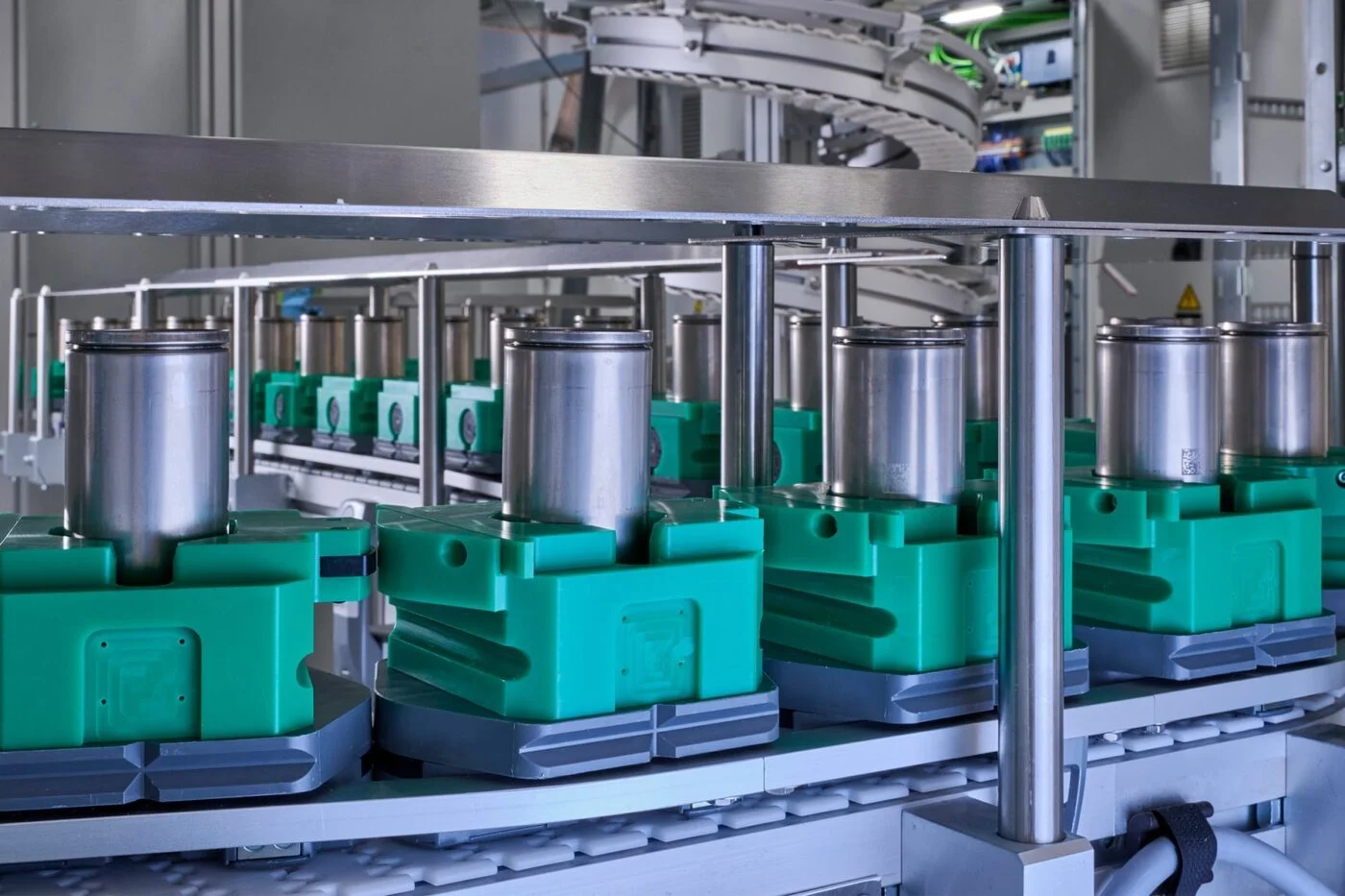In a recent meeting as part of the Trade and Technology Council (TTC), the EU Commission and the US government failed to reach an agreement on a raw materials partnership, further excluding Europe’s car manufacturers from significant portions of electric vehicle (EV) subsidies in the US.
The meeting, which was the final one before the US presidential elections in November, was seen as a crucial opportunity to amend the Inflation Reduction Act (IRA) to include European car manufacturers in EV subsidies. However, no breakthrough was achieved, with the joint final declaration of the TTC meeting only stating an intention to continue negotiations.
The IRA, initially targeting China, includes protectionist rules that also impact EU imports of EVs. For EVs to qualify for full subsidies, 40% of the critical minerals in their batteries must originate from the US or a country with a free trade agreement with the US, such as Canada and Mexico. This requirement is set to increase to 80% by 2027.
The disagreement between Brussels and Washington stems from US subsidies introduced in 2022 under the IRA, which the EU criticized for leading to a migration of green technology companies to the US. In response, the EU relaxed its own subsidy regulations and sought an agreement with the US.
Negotiations between the US and the EU on the planned raw materials partnership have faced hurdles, with disagreements over the agreement’s formal structure. The US insisted on a binding pact, while the EU favored a more flexible agreement that would not require approval from its 27 member states.
As a result, a new working group called the “Minerals Security Partnership Forum” was established instead of the raw materials partnership. This forum aims to address mineral security concerns but may impact the eligibility of European EVs for US subsidies.
Currently, European electric vehicles are only eligible for a partial purchase bonus of $3,750, with an extended bonus of up to $7,500 available only for vehicles intended for commercial use. This loophole benefits around 50 to 60% of EVs imported from Germany, with all other EVs from German manufacturers eligible for US subsidies only if built in the US.
The failure to reach an agreement highlights ongoing challenges in EU-US trade relations regarding EV subsidies and raw materials partnerships, with implications for the competitiveness of European car manufacturers in the US market.

